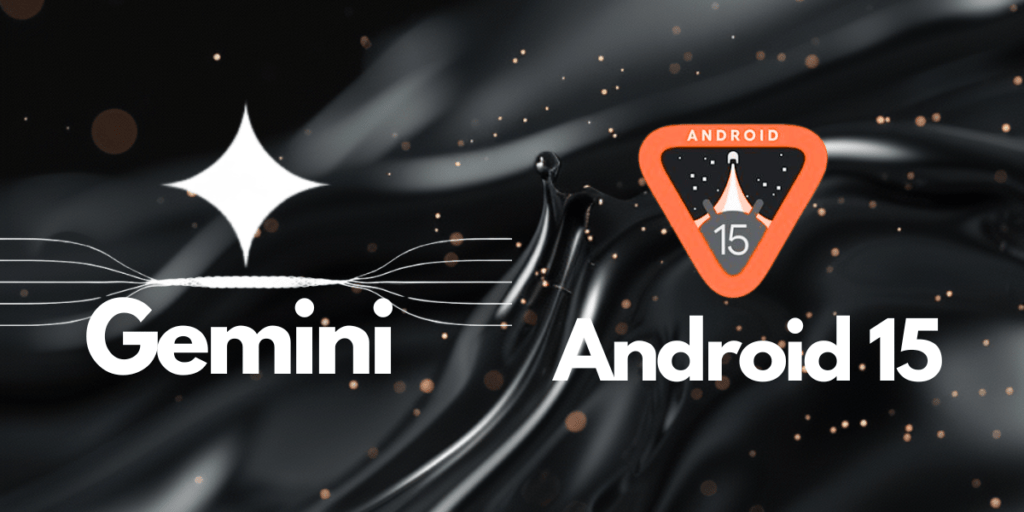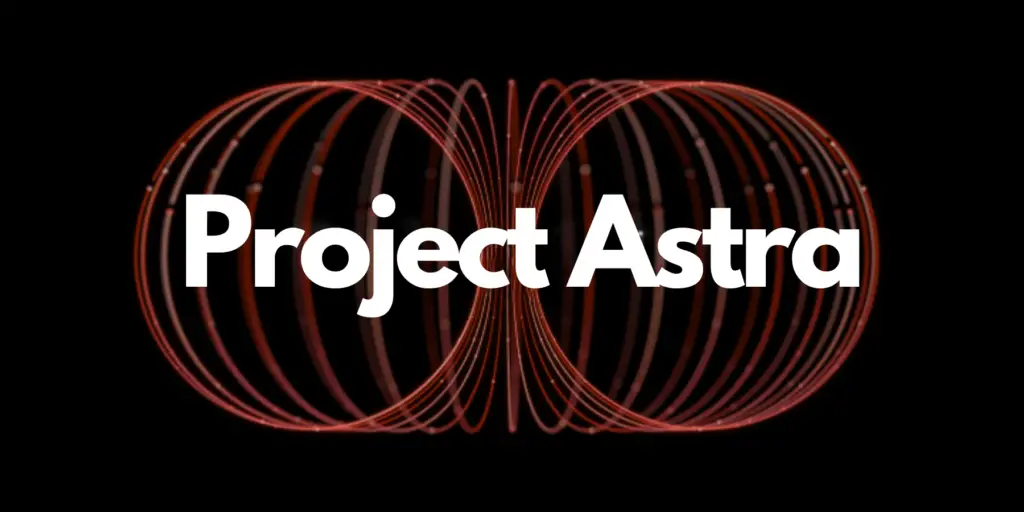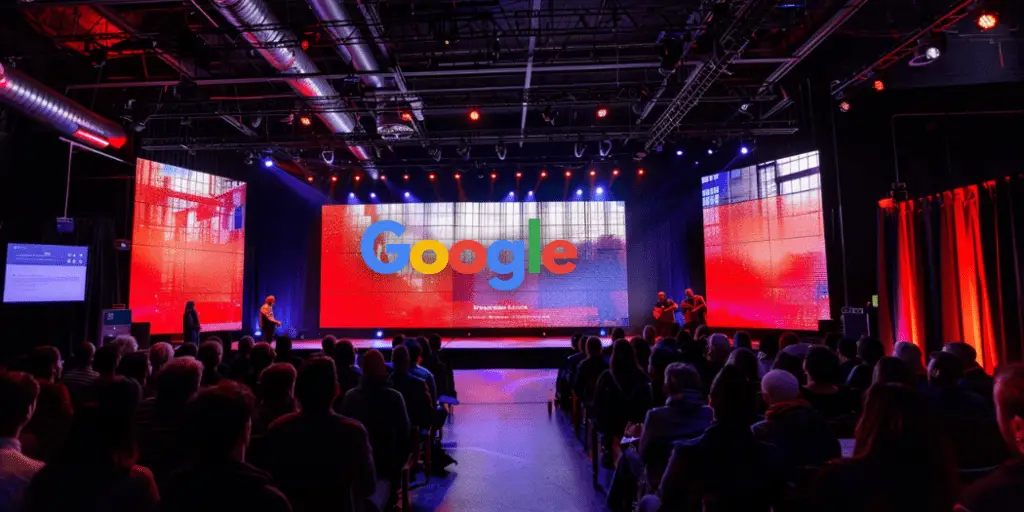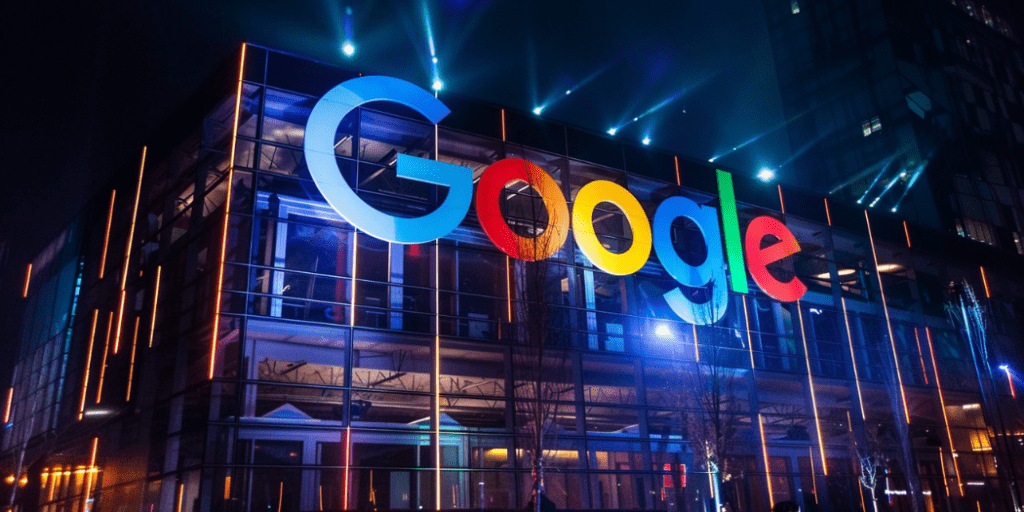Google I/O event, a major highlight in the tech calendar, took place in Mountain View, CA. Sundar Pichai and other Google leaders unveiled a host of new AI-powered innovations.
This year’s event focused heavily on software and artificial intelligence, marking a shift from previous keynotes that often-included significant hardware announcements.
At the centre of the keynote were Google Gemini and its various applications, alongside exciting updates coming to Android.
There were no mentions of new hardware, like the anticipated Pixel 9 series or the Pixel Fold 2.
Google dedicated the event to advancements in AI, presenting how these technologies will be integrated into their ecosystem to enhance user experience and productivity.
Key Announcements
Project Astra
Google Released Project Astra, an AI assistant designed to provide contextual responses by leveraging video and voice recognition.
This innovative tool enhances everyday tasks and problem-solving through real-time video analysis and natural language processing.
Project Astra uses video captured by a phone to deliver relevant answers to user questions.
Demonstrations included using Astra to solve coding problems and locate misplaced items, showcasing its potential for professional and personal use.
Google showcased smart glasses as part of Project Astra. These glasses are capable of identifying landmarks and solving equations, hinting at future applications of this technology.
Gemini Integration
Gemini, Google’s advanced AI model, is being integrated into various Google Workspace services to enhance productivity and efficiency.
Gemini can summarize lengthy email chains, making it easier for users to catch up on extended conversations.
The AI provides contextualized replies after analyzing the email conversation, helping users respond more effectively.

Gemini can extract key highlights from Google Meetings, aiding in quick reviews and follow-ups.
In Gmail, Gemini can search for receipts across emails and compile them into organized spreadsheets, providing detailed expense analyses.
Gemini can automate routine tasks like scheduling meetings and managing project timelines.
AI in Android 15
Android 15 will see an expanded implementation of AI features to enhance user experience and accessibility.
Previously limited to select devices, this feature will now be available on a broader range of Android phones, allowing users to search the web by simply circling an object on their screen.
An AI tool that provides audio descriptions of photos, benefiting users who are blind or have limited eyesight.

Gemini overlays on apps to provide helpful actions without switching between applications.
AI-driven contextual responses improve the relevance and accuracy of search results within Android apps.
Enhanced privacy and performance by processing AI tasks directly on the device.
Google Search Improvements
Google Search is getting significantly upgraded with new AI-driven functionalities powered by Gemini.
Improved search speed and accuracy with quick, AI-generated summaries.
Allows Google to conduct comprehensive research on complex queries, providing detailed and well-rounded answers.
AI-generated travel itineraries based on user preferences and activities.
Aggregates meal recipes for the day and offers purchasing options if something other than cooking is preferred.
Users can search within videos by asking questions about the content, enabling precise frame-by-frame search results.
Google Veo and Imagen 3
Google introduced Veo and Imagen 3, powerful tools for creating media content through generative AI.
Can create detailed 1080p videos based on user prompts to enhance video editing and production. Generates realistic images and text renderings suitable for creative projects and media generation.
Provides video editors and creators with innovative ways to produce content using AI. Helps artists and designers bring their ideas to life with AI-generated visuals.
Tools like Veo and Music AI Sandbox allow creators to produce high-quality content efficiently.
Google emphasized its commitment to ethical AI usage, ensuring its AI services adhere to strict user protection guidelines.
Images, audio, and video generated by AI will include watermarks to indicate their origin.
Educational AI
Learn LM A new model designed to personalize and engage AI-driven learning experiences.
Learning Coach Provides step-by-step guidance for educational tasks, focusing on understanding rather than simply providing answers.
Content Moderation Enhanced tools to ensure AI-generated content adheres to community guidelines and ethical standards.
Gemini 1.5 Pro and Flash
Google announced competitive pricing for its AI token usage, making advanced AI features more accessible.
Cost Efficiency Gemini 1.5 Flash is priced at 35 cents for 1 million tokens, significantly lower than GPT-4o’s rate of $5 per 1 million tokens.
Flexible Plans Options for businesses and developers to choose plans that best suit their usage needs.
AI Teammate for Google Chat
A virtual collaboration assistant designed to enhance teamwork within Google Chat.
Tracks expenses, schedules, and other tasks, effectively acting as a new team member. Users can name their virtual teammate and tailor its functions to specific needs.
Google Photos and AI Enhancements
Ask Photos with Gemini Allows users to search and select photos based on AI-generated contextual responses, improving photo management.
Enhanced Organization Facilitates more efficient and relevant searches within Google Photos.
Photo Editing AI-powered tools for advanced photo editing and enhancement.
Trillium TPU and Axion Processor
Google announced that next-generation hardware would support the increasing demands of AI computation.
Trillium TPU – A new processing unit available to Cloud customers later in 2024, designed for high-performance AI tasks.
Axion Processor – A custom ARM-based CPU designed for AI workloads, offering improved efficiency and performance.
AI hyper computer A groundbreaking supercomputer architecture utilizing liquid cooling in Google’s data centres to support massive AI computations and research.
Astra Smart Glasses
As part of the Project Astra demonstration, Google hinted at the revival of smart glasses technology.
The smart glasses showcased capabilities such as identifying landmarks and solving equations, pointing towards a future where this technology could become more mainstream.

Indications that Google is investing in developing more advanced wearable technology integrated with AI.
These critical announcements from Google I/O 2024 showcase the company’s focus on AI integration, enhancing user experiences, and advancing technology while maintaining ethical standards and ensuring accessibility.
Google’s commitment to AI-driven innovation spans various domains, from everyday smartphone use to professional applications, highlighting a future where AI is seamlessly integrated into our daily lives.
The Absence of Pixel Models
The absence of the Pixel 9 and Pixel Fold 2 from Google I/O 2024 was a notable deviation from Google’s usual approach to hardware announcements at their annual event.
This year’s focus was exclusively on software and AI advancements, leaving hardware enthusiasts needing the anticipated updates on these devices. Google prioritizes its software innovations, particularly around the Gemini AI project.
By concentrating on AI capabilities and integrations, Google emphasizes its commitment to leading in AI technology, which may have overshadowed any hardware announcements.
Delaying hardware announcements could be a strategic choice to separate software and hardware news, giving each its own spotlight. This can help Google maintain media attention and allow consumer interest to spread throughout the year.
There could be practical reasons behind the absence, such as delays in development or production. This is common in the tech industry, where supply chain issues or additional development time can push back product launches.
The absence might have disappointed some consumers, especially those anticipating upgrades or considering new purchases. It could affect immediate sales but build anticipation for a later reveal.
This move could lead to increased speculation and rumours about Google’s plans for the Pixel 9 and Pixel Fold 2. Such speculation might keep the products in news cycles longer than a straightforward announcement would have.
By not introducing new hardware, Google focuses entirely on its software capabilities. This might strengthen its image as a leading AI innovator but could also raise questions about its commitment to competing in the hardware market.
Looking ahead, Google might plan separate events or choose other platforms to unveil the Pixel 9 and Pixel Fold 2.
This could provide an opportunity to focus solely on these devices, offering detailed presentations that highlight their features and innovations without the backdrop of broader software announcements.
Google I/O 2024 Wrap-Up
This year’s Google I/O was dominated by advancements in AI technology, particularly the introduction of Project Astra and the extensive integration of Gemini AI across Google’s suite of products and services.
In a departure from previous years, the 2024 keynote focused solely on software developments, preceding any new hardware reveals.
Google plans to deepen the integration of Gemini AI into more applications, aiming to make everyday tasks more efficient and personalized through AI-driven solutions.
With the introduction of features like Talkback for visually impaired users, Google continues to emphasize inclusivity.

The company also addressed AI ethics, ensuring that newly introduced features uphold privacy and integrity standards.
The roll-out of Gemini AI across more Google services, like Gmail and Google Photos, promises a more cohesive and streamlined user experience, reducing the effort required for everyday tasks.
Expanding AI capabilities allows developers to create more sophisticated and responsive applications using Google’s AI frameworks.
Google’s continued investment in AI signals a broader industry trend where AI becomes a central component of software development, influencing how developers design user interactions.
Final Thoughts
This year’s event highlighted the potential of AI to revolutionize everyday digital interactions through tools like Project Astra and the extensive Gemini AI integrations.
By focusing solely on software advancements and eschewing hardware announcements, Google emphasized its commitment to enhancing the intelligence and accessibility of its platforms.
As the tech landscape continues to evolve, Google’s advancements set a high bar for what AI can achieve in terms of user experience and operational efficiency.
For users, this means more intuitive and personalized interactions with technology on a daily basis. For developers, it opens up a plethora of opportunities to innovate using Google’s expanding AI toolkit.


